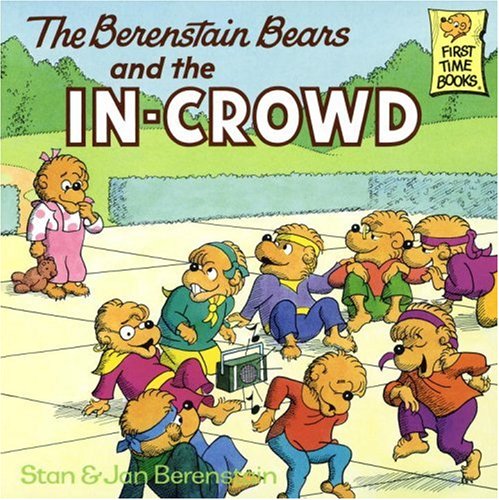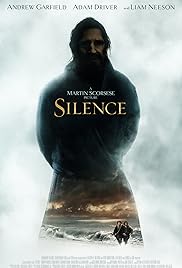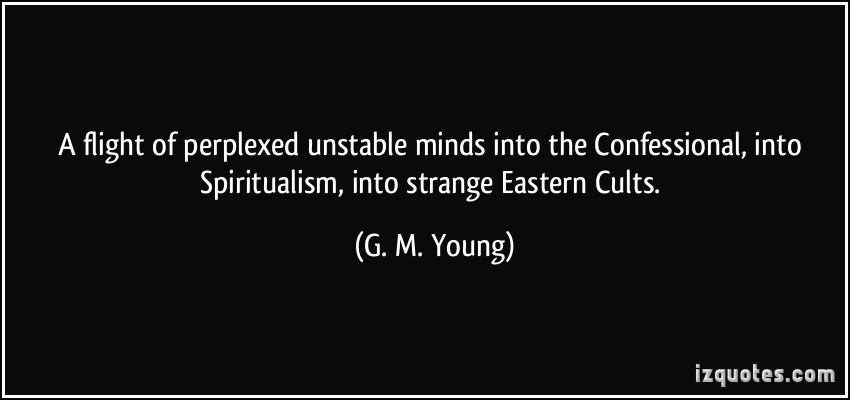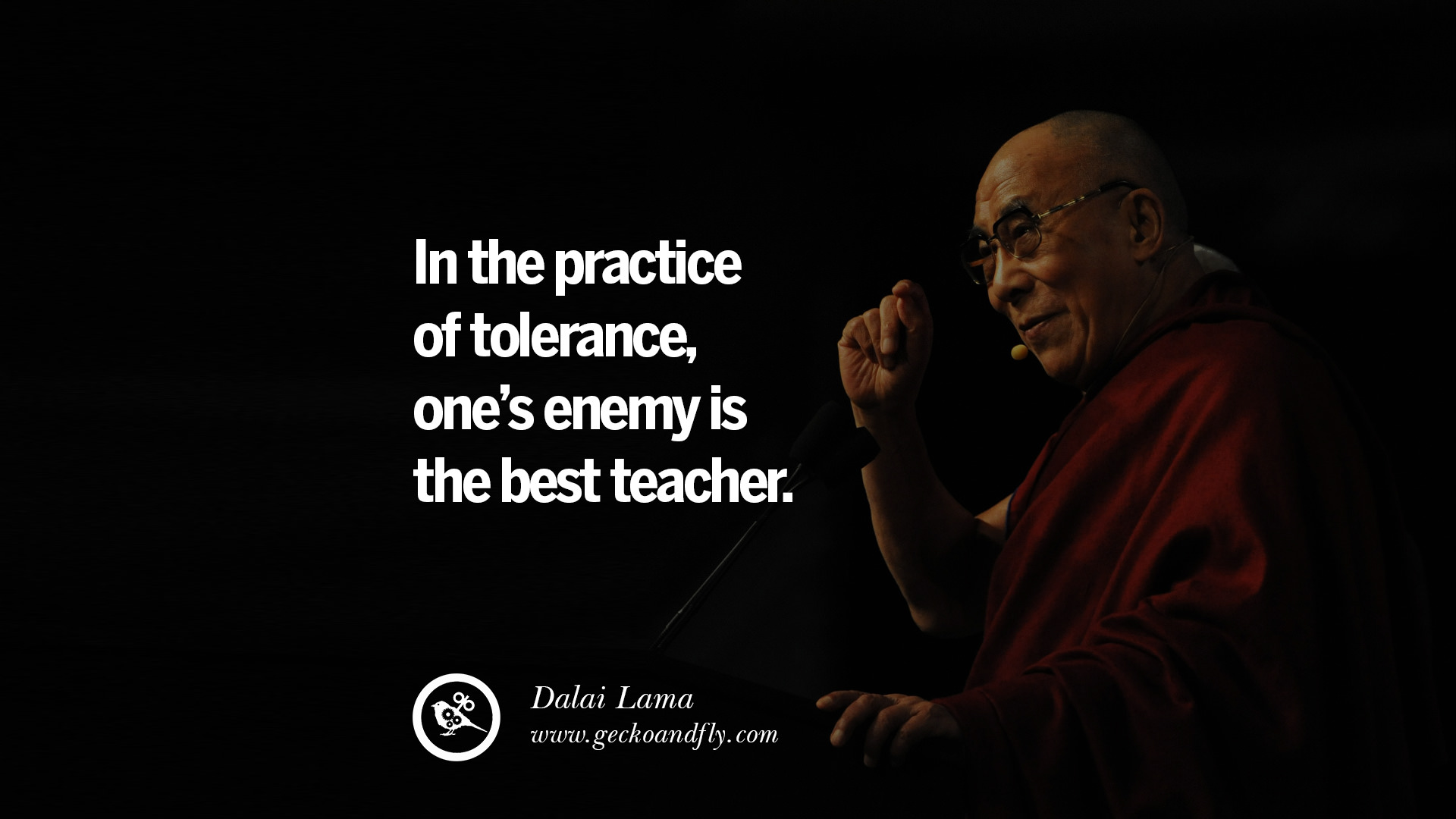The
Jarnsaxa Scale was devised by a heathen practitioner who goes by Jarnsaxa Thorskona, a while back. She explains at the link that she devised this to differentiate between 1-6 a rough continuum or division between those who affiliated with Ásatrú. As I've been exploring the claims and contexts of this and other native European as well as Celtic Reconstructionist movements, I am posting the link to bring back the scale, which its creator admits she tried to erase during a time of separation from her spiritual path, and since more than one search engine's results, I found, attested to the dead content a seeker might encounter now.
"Rags"
at this blog under "Divisions, Intensified" notes that the scale is not perfect, of course. For "many people (including the scale's creator) find that they fit somewhere in between numbers on the scale, showing further how complex the issue really is. However, in general the scale is a fairly balanced way of gauging where a person fits in the endless discussion of ancestry." You can scan too a summation of the folkish-universalist/adoptivist debate there, for FAQ reference.
Suffice to say I've set this down as notes of my own reflective study lately. This folkish controversy--if inevitably you want to label it as such in a year where "whiteness" sparks campaign clickbait--makes me wonder how applicable its adherents see it in Celtic cultures. For as the
Paganachd CR site's authors explain, the construct of Celt is that of linguistics and not bloodlines. This to my admittedly general understanding differs from the importance on pedigree that tribal membership, whether among Native Americans or Ásatrúar, looms as fundamentally crucial to who gets to stay and who has to go, when ceremonies and rituals begin.
I think back to my visit to Taos Pueblo. Parts of the settlement were blocked off with signs and sawhorses for sacred purposes. I doubt any of us visiting felt excluded or discriminated against as a result. Their Blue Lake origins demand protection, after a century-plus battle to preserve a sanctuary.
Sarah Merfeld explains: "Due to the persistence of the Pueblo and all who assisted in their campaign, the native people are now able to enjoy their sanctuary in privacy. The area is currently accessible only to the Taos Pueblo and outsiders are not allowed entrance. This secrecy and stick ban of any non-Pueblo members is certainly a reaction to the abusive treatment the Pueblo have received."
Therefore, I understand the analogy. Folkish rituals celebrate and commemorate ties to the ancestral roots of one's kin. They can also put up a protective barrier, a palisade, against the intruder or gawker. It's not popular now to extend this right of tribal inclusion to those of European descent, but as Stephen McNallen asks in a
2014 interview, why is one group alone not allowed to assert this claim? We live in a multicultural society, but as tensions reveal this election year, this inquiry skirts taboo.
And, logically although I have yet to find anyone arguing this at length at least on the net, that may be why the CR band opens up admission to all fellow-travelers called to that path, opposed to McNallen's
AFA indicating in its declaration their cautious approach, higher on that Jarnsaxa Scale. The proto-Celts formed a looser conglomeration; the Nordics a tighter troop committed to the core? Certainly the local stress on "where are your family from" connects, say, Iceland and Ireland. I regard these indigenous ideas as fascinating. In a nation where "demographics" stirs us into a tossed salad, it's wise to resist the "we're all mutts" resignation cutting us off from our inherited wisdom tradition. Yet I can contemplate this counter-reaction, to invite others to share our legacy, if they're sincere in it.
The argument folkish folks make is that in us, we gravitate towards our accustomed ways of affinity. The monotheistic elimination of such ties being very recent, compared to millennia among one's own. A few feel the urge to connect, as
re-ligio or re-binding denotes, with this attenuated or severed flow. It may be inexplicable, and to me as intellectually uncertain as AFA's
"metagenetics" claim that I doubt any biologist would accept any more than he or she would the Jungian archetype, but that tug back to recover what has been demolished persists in me, too. I recall cheering on the Druids, not St. Patrick, as I read the chronicles of my native land, and its surrounding islands, struggling for identity.
We all face forces of assimilation. Capitulated, my pre-Catholic family, and many more, 1600 years ago. What happens when the language is lost is more recent, just a century past, for my mother's father's household on the East Mayo border. Scars can be inside one's soul; trauma passed down to us to nurse. Recognizing the losses of a common tongue, a shared outlook, a cherished mindset need not expose us to charges of romanticizing a harsh existence under feudal lords and rapacious clergy. Deeply rooted, as when we hear the pipes or taste a whiskey, there persists a moment of recognition.
Yes, that does complicate it, too. If Ásatrúar argue for
common bonds of the Northern peoples, this is more ancient than the Celtic-Roman-Norman-Viking-Saxon-Pict mishmash that divided up the North Atlantic Archipelago during the ages of invasion and destruction of the old heathen ways. Celts, too, I suggest, might have been more open to a less restrictive idea of unity, given the mythic nine waves of invaders, Fir Bolg and Tuatha De Danaan, Formorians and Milesians and All That. Who gets accepted as Irish simply means who lives there after a while. And a roll call of rebels and Fenians lists surnames de Valera, Pearse, Kent, Gonne, Plunkett, Tone, and Colbert, no O/Mc clans these.
Judaism is not a missionary faith, but converts after screening and preparation can prove their
bona fides. Zoroastrianism, on the other hand, forbids conversion and risks dying out among the Parsees in India, let alone its persecuted homeland of Iran. DNA as I have mused before suggests intriguing results. My 93% score indicates a definite "Celtic"(sic) haplotype marking me as Irish as Paddy's pig.
But it's that 6% Central Asian, perhaps going back to 25,000 years ago and more, and maybe with bits of Neanderthal and Denisovan strains, that also makes me wonder. And that 1% East Asian tint. In shamans and in divination, in spirit-searches and transmigrations of all kinds, my family tree stretches back to ice and fur, incantations and inspirations I strain to glimpse, part of my own quest.
(Photo: Éamon de Valera, President of the Irish Republic, made an honorary chief of the Ojibwe-Chippewa people, 1919. Find out how and why at:
"The Irish Revolution and Native America")




































